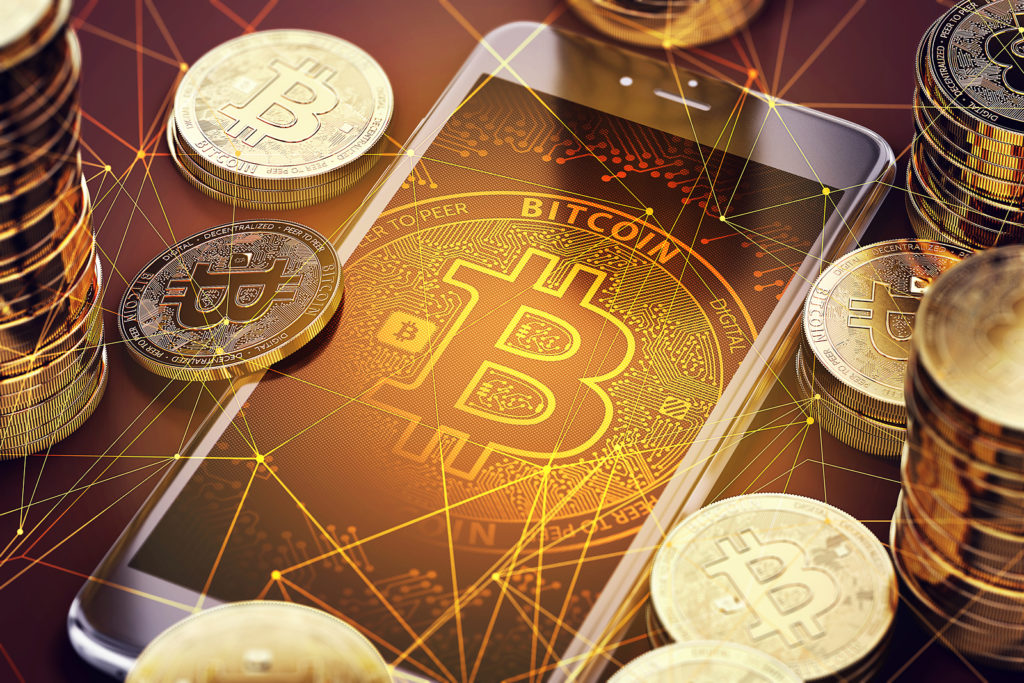3 Industries benefiting from Blockchain Technology
For the longest time, society has relied entirely on big intermediaries such as banks, energy retailers and governments to establish trust in our economy. We depended on these intermediaries to perform all the business and transaction logic – from authentication, to identification of people, through to clearing and settling of records.

Overall, intermediaries have done a good job, but there continue to be growing pains. To begin with, intermediaries tend to be centralised – meaning they can be hacked, and they increasingly are nowadays. Secondly, they slow things down. For example, it can take days or even weeks, for money to be sent across a city via banks. Middlemen also tend to take a big chunk of the action – 10-20% just to send money to another country for example. And by capturing our data, our privacy is undermined.
Luckily, times are changing and we are now entering a new era of technology, one that holds vast promise for every business, society and individual. As we transition into a sharing economy, blockchain technology is taking center stage in facilitating the creation of new business models that are more efficient and more compatible with our ever evolving society.
In its simplest form, blockchain is a public ledger that records transactions – and radically speeds up transactions while cutting costs by facilitating a trusted transfer of value without the involvement of traditional intermediaries. But what are some of the sectors that can or are benefiting the most from blockchain technology?
1. Energy Sector

The global electricity market is estimated to be worth about $2 trillion dollars and is largely monopolized by a few corporations. These major players in the sector control the dynamics of the market with an emphasis on higher energy production levels in order to ensure maximum profits. As a result, the contribution of consumers and end-users in this model is restricted to subscription for energy services.
In the modern world where the consumer behaviour is gravitating towards greater inclusion in the market beyond spending money, this model seems to have a number of shortcomings since the modern electricity consumer wants to have a greater say in the generation as well as the distribution of electricity.
As such, the most promising applications of blockchain technology in the electricity sector in the next five years, are expected to be in the areas of “peer-to-peer energy trading” and “electric vehicle charging and sharing”.
– P2P energy trading
Blockchain has enabled energy innovators to create a system whereby energy prosumers from the commercial sector or private homes can trade electricity without the interference of a central authority. This isn’t just theory, as the SunContract team has already built a blockchain based energy trading platform which has been in use by members of the public in Slovenia for more than one year now.
– Electric Vehicles
Moreover, with the continuous growth of electric vehicles, blockchain also promises to provide an adequate, publicly available charging infrastructure that tackles the “lack of range” challenge, by enabling individuals to make their private EV charging stations available for public use for a fee.
2. Banking

Nobody is sure about the impact blockchain will have on banking over the next few years. But right now, it offers three main advantages over conventional banking which is why fintech is confident about its future.
– Quicker transactions
Conventional financial transactions consume a lot of time as they travel through third parties. For instance, a normal payment goes through a gateway, stock exchange, or clearinghouse. As many as ten entities may be involved in the transaction, exchanging messages, reconciliation, or security which means the seller receives payment only after days.
Blockchain reduces this extended timeframe by decentralising everything. It can do in seconds transactions that conventionally take three or more days to complete.
– Transparency and Accessibility
Blockchain records and locks transactions and users can access the full historical data easily. Thus, it offers greater transparency compared to the more secretive traditional banking sector.
– Reduced transaction costs
Conventional international transactions travel through the central banks of the countries involved and then through local banks. This means a global enterprise may end up paying as high as $25 for a transaction.
Blockchain accelerates transactions which reduce the costs involved. It renders third parties and their charges unnecessary. Therefore, businesses that do multi-nation transactions stand to benefit.
3. Politics

The system of politics, be it in any corner of the world, has some leaky spaces and questionable ethics during many election processes. The Electronic Voting Machine ballot that many countries use and trust to select politicians is vulnerable to hacking, but thanks to Blockchain tech, electoral bodies can now deter anyone from meddling with citizens’ democratic rights and responsibilities.
– Privacy a concern
Rigged votes and “voting irregularities” could be a thing of the past, as could the threat of rival governments or terrorist organizations hacking votes. Voting systems secured with blockchain technology would be completely unhackable. From voter registrations to verifying identity to tallying votes, the system would be indisputable. Gone would be the days of recounts and “hanging chads.” The good news is many nations have already begun researching blockchain voting, and Estonia is one of the pioneers.
– Increase voter engagement
Despite their eligibility and possession of a voter registration card, too many citizens don’t vote. The reason are varied, including long queues, no time, apathy, etc. Blockchain voting will overcome these barriers in an instant. Once e-voting is enabled from smartphones or desktops, voters will be able to cast their vote from anywhere within minutes. This would increase voter engagement and, thereby, result in a stronger democracy.
Conclusion
Blockchain technology is in its early stages and industry insiders are still mulling over the ways in which it can be merged. But one thing is clear, blockchain has the power to further establish a sense of democracy and equality through its disruptive power. At SunContract, we have succeeded in using blockchain to create a more level playing field for prosumers of electricity, liberating them from their over dependence on monopolies that have established their dominance through the advantage of money.


